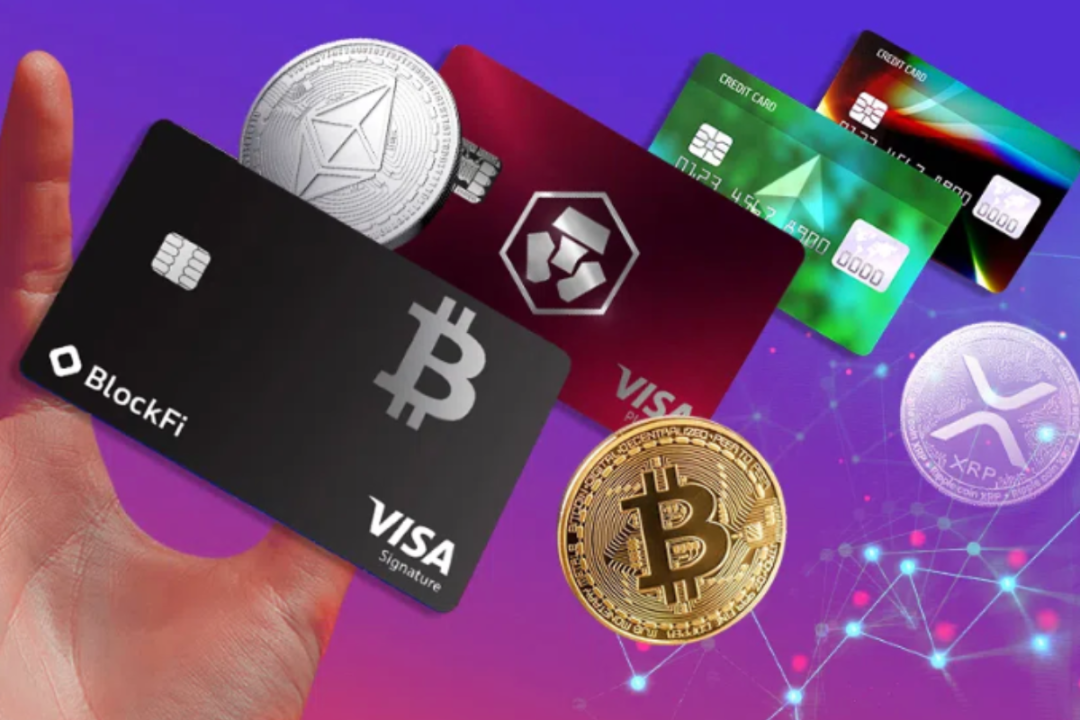Online gambling has come a long way since its early days when credit cards were the main payment option. As regulators cracked down on this industry and banks refused to process gambling transactions, operators had to get creative to offer deposit and withdrawal methods that provided both security and reliability.
After a turbulent few decades, the online gambling payment landscape now includes various e-wallets, prepaid cards, and even cryptocurrencies. Players at Polestar enjoy plenty of choice – but it wasn’t always this way.

The Early Over-Reliance on Credit Cards
In online gambling’s formative years in the mid-1990s, credit cards were the predominant payment method. Their convenience and worldwide acceptance made them an obvious first choice. However, this approach soon attracted controversy:
- Regulators expressed concerns about problem gambling and underage players
- Banks were uneasy about processing payments for unlicensed operators
- Card issuers were alarmed by rising fraud and chargebacks
By the early 2000s, governments pressured banks and card companies to restrict gambling transactions. With regulatory scrutiny rising, many operators realized the status quo was unsustainable. The industry needed to reduce its dependence on credit cards to retain a viable payment ecosystem.
The Challenging Transition to E-Wallets
As credit cards became less tenable for gambling deposits and payouts, e-wallets emerged as an alternative. Brands like Neteller, Skrill (Moneybookers), and later PayPal offered a digital surrogate for card payments.
However, regulatory pressure soon caught up with the leading e-wallets:
| Year | Action |
| 2003 | PayPal exits virtually all gambling markets |
| 2006 | Neteller leaves US market after indictment |
| 2010 | Skrill restricts service to unregulated markets |
These upheavals caused major disruptions across the industry. But they also stimulated more innovation focused on enhanced compliance, security, and reliability.
Vouchers, Prepaid Cards, and Bank Transfers
With e-wallets proving less stable than hoped, the online gambling sector explored other payment avenues. Voucher systems like Ukash offered one alternative for depositing without a bank account.
Prepaid cards and bank transfers also became more widely adopted in the late 2000s. Brand name debit cards from Visa and Mastercard enabled customers to fund accounts quickly without assuming as much credit risk. Direct bank transfers fulfilled a similar role while minimizing middlemen.
The incorporation of voucher services, prepaid cards, and bank wires into the payment mix gave sites more diversity in their cashier offerings. This reduced dependence on specific providers and lessened disruption when any single option failed.
The Dawning of Cryptocurrency
Most recently, cryptocurrencies like Bitcoin emerged to redefine what’s possible for deposits and payouts at gambling sites:
- No centralized authority: Crypto transfers occur directly between customer and operator wallets using blockchain transactions, removing middlemen who can block payments or close accounts.
- Enhanced security: Encrypted crypto transactions also offer protection against fraud and data breaches impacting traditional payment rails.
- Lower fees: By eliminating intermediaries, sites can pass on reduced processing costs to players through discounted deposits/withdrawals.
While crypto brings regulatory uncertainty, its traction keeps growing. Bitcoin alone is accepted on 68% of online gambling domains as players appreciate permissionless payments, transparency, and efficiency.
The Long and Winding Road to Payment Reliability
Online gambling’s history reveals an industry at the mercy of payment providers and regulators before maturity brought hard-won stability. Players can now choose between cards, e-wallets, bank transfers, vouchers, and cryptocurrency when funding accounts or cashing out.
This range of secure, convenient options is a testament to innovation born of necessity. With experts predicting stratospheric growth for internet gambling in coming years, its diverse ecosystem of payments looks well-equipped to handle expansion while fulfilling essential reliability standards expected by customers around the world.
So whether you prefer traditional options like credit cards or prepaid Visa or want to take advantage of cryptocurrency perks, you have more ways than ever to move money in and out of sites quickly, safely, and cheaply. Online gambling may have taken some lumps in its development, but the barriers it overcame to reach payment diversity make for a remarkable story now culminating in the robust cashier solutions players enjoy today.
